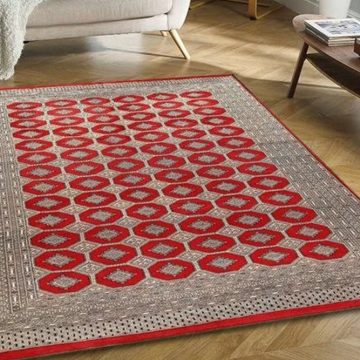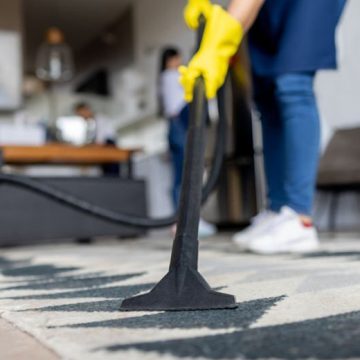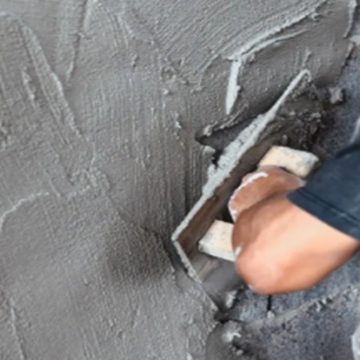Renters often ask “Can tenants change locks on rental units?”
You may have been the owner of a rental home when a tenant changed the locks. There could be a number of reasons. You may have had a tenant change the locks for a variety of reasons.
It is unlikely that the tenant would have informed you of the lock change. It’s possible that you didn’t even know about the change until you tried to enter the unit. Renters have the right to privacy but when they change locks, landlords are left without access to their property.
Can Renters Change the Locks?
Can tenants change locks on rental units? You may be surprised by the answer.
The answer depends on the state. Laws vary. In general, tenants can change locks unless their signed legal lease explicitly prohibits them.
How to Protect Your Own Property
You can only do so much to stop a tenant from changing the locks. You can take legal action if a tenant changes the locks afterward.
Include It in Your Lease
If you don’t want to be stuck with a house that you can no longer access, make sure you do not give your tenants permission to change the locks.
In the lease, you should specify that under NO circumstances can they change locks in their rental units. Or, that they must give you a key to change them and notify you. If you want them to have your permission before changing locks, make sure that it is clearly stated in the rental agreement.
Add Additional Locks
It is the same for adding locks. Some people will want to add a new lock in addition to the existing one for extra security. It is up to you to decide whether tenants can add extra locks and under what circumstances.
To protect your rights and to ensure that you are protected, it is important to clearly specify in the lease what tenants may or may not do.
It’s Risky to Let Tenants Change Locks
As a landlord, it’s important to be able to access your property. You should be aware of the many reasons why this is important. If and when needed, feel free to share these reasons with a potential tenant.
To Perform Maintenance
Idealistically, the tenant would be at home all of the time to allow maintenance personnel to enter when necessary. It is true that this does not always happen.
Maintenance must still be performed, even if a tenant is away from home due to work, forgets the time for repairs, or leaves. This could be a problem if the tenants decide to change their locks.
Inspections
Whether it is once a quarter, six months, or annually, all rental properties should be periodically inspected. The frequency of inspections is determined by the situation of the tenant and the business model adopted by the landlord.
You should not be inspecting too often, as you may interfere with the tenant’s enjoyment of quiet time.
How to Attend an Emergency on the Property
There are situations where an emergency requires unexpected entry into the rental unit. Denying entry could cause serious damage to the rental unit and the personal belongings of the tenant.
You Can Get Locked out of Your Property
You should contact a locksmith for assistance if you are in a situation where your tenants have changed locks. You should never try to change the lock yourself. You will need to provide proof of ownership, such as your mortgage or deed.
If you must rekey the lock, be sure to immediately hand over the new keys to the tenant. You will avoid being accused of locking your tenant out, which is against the law in many states.
This post was written by a professional at Keypad locksmith. Keypad locksmith is a mobile local locksmith in Maryland that specializes in combination locks, keypad locks, decorative locks and safes and lockbox services. We also offer regular locksmith services near you, such as eviction lockout or lock change near you, re-key, lock installation, door frame adjustments, change of battery or repair to locks and Detex alarm, to commercial and residential properties and vehicle emergencies. Contact us now to request to get the best locksmith services near you today! Click here to learn more!
















